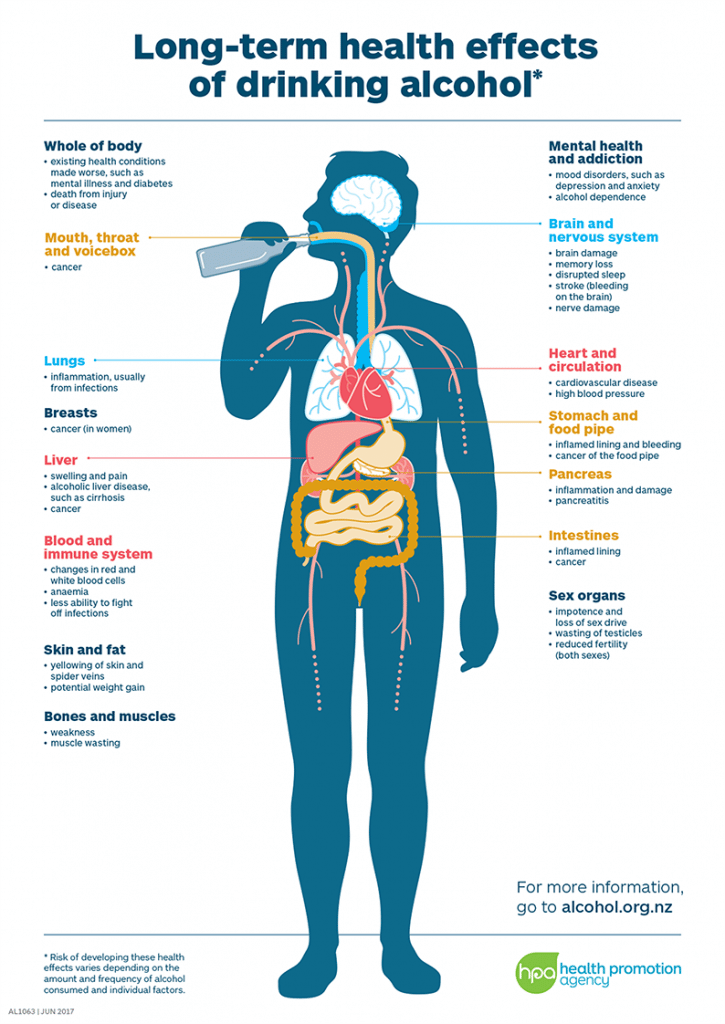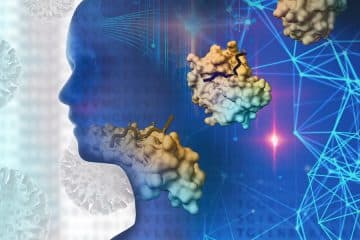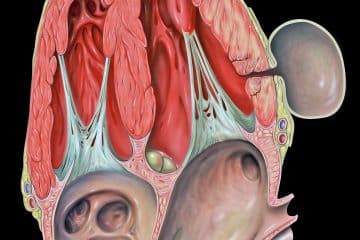Alcohol abuse refers to a range of unhealthy drinking behaviors including binge drinking (heavy episodic drinking), alcohol dependence and chronic alcohol drinking. In extreme cases, alcohol abuse result in health problems for individuals causing serious diseases.
The relationship between alcohol use and some health conditions is complex. For some health conditions, alcohol is the single cause of the condition but for many other conditions, alcohol is one cause, amongst others. Alcohol abuse is a major cause of preventable liver disease.
Some of the signs and symptoms of alcohol abuse are difficulty with interpersonal relationships, problems at work or school, legal problems, irritability, insomnia and chronic fatigue.
Alcohol affects almost all the body organs negatively thereby leading to various organic diseases.
Some of the diseases caused by alcohol abuse include:

1. Liver Disease
Alcohol is mostly metabolized in the liver, which is why the liver is particularly at risk of damage.
The body metabolizes alcohol into acetaldehyde, a substance that is both toxic and carcinogenic.
Alcoholic liver disease is influenced by the amount and duration of alcohol abuse. Chronic, heavy drinking poses a substantial risk for its development.
Drinking heavily significantly increases the risk of alcoholic fatty liver, an early and reversible consequence of excessive alcohol intake. Chronic drinking alters the liver’s metabolism of fats, and excess fat accumulates in the liver.
Other effects on the liver include long-term inflammation, called alcoholic hepatitis. This can lead to scar tissue.
Over a period ranging from several years to decades, the scarring can completely invade the liver, causing it to be hard and nodular. This is known as cirrhosis.
If the liver cannot perform its life-sustaining functions, multiple organ failure and death will occur. Symptoms often develop only after extensive damage has already been done.
2. Pancreatitis
This is an inflammation of the pancreas, the organ lying behind the lower part of the stomach. Symptoms include upper abdominal pain, nausea and vomiting. Overconsumption of alcohol can lead to pancreatitis.
The inflammation is likely related to premature activation of proenzymes to pancreatic enzymes and chronic exposure to acetaldehyde, and other chemical activities in the pancreas caused by alcohol injury.
Around 70 percent of cases of pancreatitis affect people who regularly drink large amounts of alcohol.
3. Cancer
The end product of alcohol metabolization is acetaldehyde which is a cancer-causing substance.
Chronic alcohol consumption can increase the risk of developing various cancers, including cancers of the mouth, esophagus, larynx, stomach, liver, colon, rectum, and breast.
People who smoke tobacco as well as drinking have a higher risk of cancer of the upper gastrointestinal tract and respiratory tract.
More: List of Diseases Caused by Smoking
4. Ulcer
Alcohol abuse can cause problems with the digestive system, such as stomach ulcers, acid reflux, heartburn, and inflammation of the stomach lining, known as gastritis.
As alcohol initially passes through the gastrointestinal tract, it begins to exert its toxic effects.11 Damage to the digestive system can also lead to dangerous internal bleeding from enlarged veins in the esophagus related to chronic liver disease.
Alcohol interferes with gastric acid secretion. It can delay gastric emptying, and it can impair the muscle movements in the entire bowel.
The gastrointestinal tract sustains a considerable amount of damage from alcohol,i.e drinking in moderation.
5. Osteoporosis
Chronic heavy alcohol consumption, particularly during adolescence and young adulthood, can dramatically affect bone health, and it may increase the risk of developing osteoporosis, with a loss of bone mass, later on in life.
Osteoporosis increases the risk of fractures, especially in the proximal femur of the hip.
Alcohol interferes with the balance of calcium, vitamin D production, and cortisol levels, adding to the potential weakening of bone structure.
People who drink excessively are more likely to fracture a vertebra than those who do not.
Drinking high quantities of alcohol during adolescence increases the risk of osteoporosis later in life.
More: Types of Hip Fractures
6. Heart Disease
Alcohol abuse can lead to various heart problems such as high blood pressure, stroke and angina pectoris (heart pain).
More: Heart Transplant Surgery
7. Brain Damage
Long-term misuse of alcohol can cause a wide range of mental health problems. Severe cognitive problems are common; approximately 10 percent of all dementia cases are related to alcohol consumption, making it the second leading cause of dementia.
Alcohol abuse causes damage to brain function, and psychological health can be increasingly affected over time.
Social skills are significantly impaired in people suffering from alcohol abuse due to the neurotoxic effects of alcohol on the brain, especially the prefrontal cortex area of the brain. The social skills that are impaired by alcohol use disorder include impairments in perceiving facial emotions, prosody, perception problems, and theory of mind deficits; the ability to understand humor is also impaired in people who misuse alcohol.


